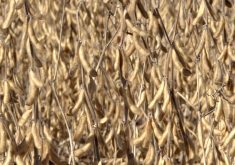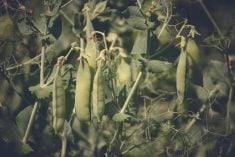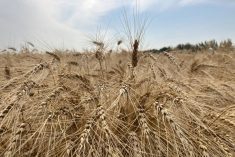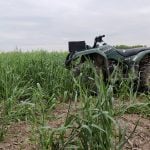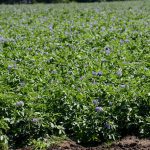Producers who choose to burn crop residue are reminded that authorization is required to burn crop residue between Aug. 1 and Nov. 15. Authorizations are issued daily by 11 a.m. based on weather, moisture and favourable smoke dispersion conditions, Manitoba Agriculture Food and Rural Initiatives says in a release.
Burning permits may be required for non-authorized rural municipalities. Permit application forms and information are available by calling the toll-free information line at 1-800-265-1233. Service is available in French and English. Information is also available from MAFRI GO offices and on the Internet at under Manitoba Crop Residue Burning Program at www.gov.mb.ca/agriculture/soilwater/soil/fbd09s00.html.
Read Also
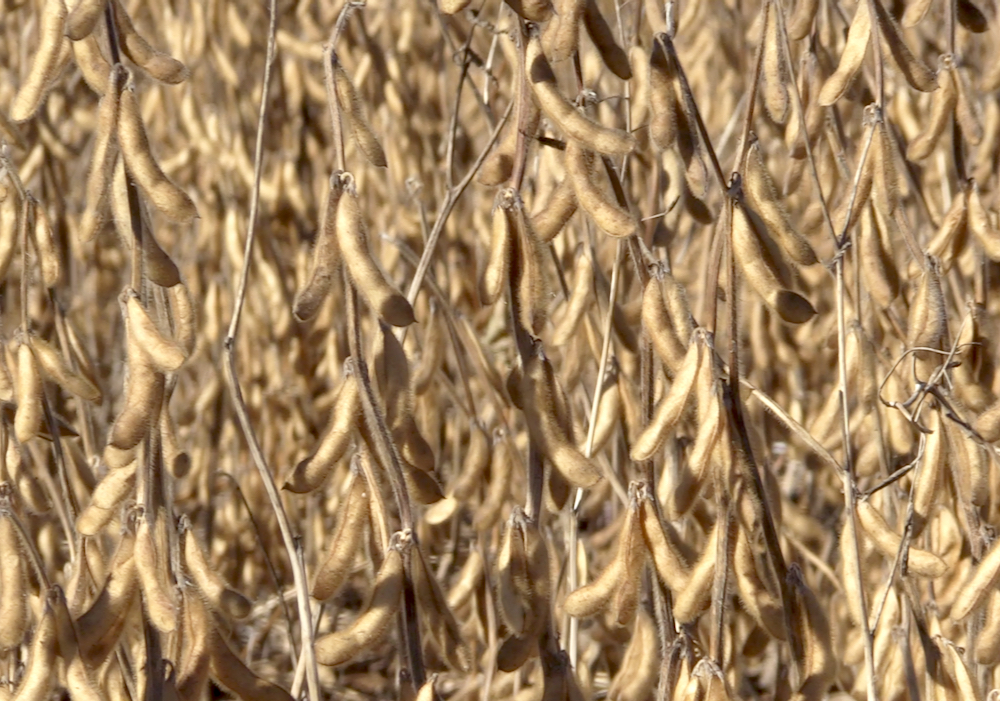
CBOT Weekly: Grain, oilseed futures under pressure
November soybeans lost 23 U.S. cents per bushel during the week, while corn and wheat losses ranged from five to 10 cents.
Night burning is banned year-round.
The department said producers should consider alternative uses for crop residue. Through the Growing Forward program, incentives have been established to encourage farmers to move away from the practice of stubble burning.
Many producers already use alternative methods of dealing with crop residue such as chopping and spreading the straw or listing straw they have for sale on the Manitoba Hay Listing Service. More information on these and other alternative methods of dealing with crop residue is available at www.gov.mb.ca/agriculture/soilwater/soil/fbd09s07.html.
Stubble burning regulations are enforced by environment officers and the RCMP. Failure to follow the regulations could result in fines of up to $50,000.



